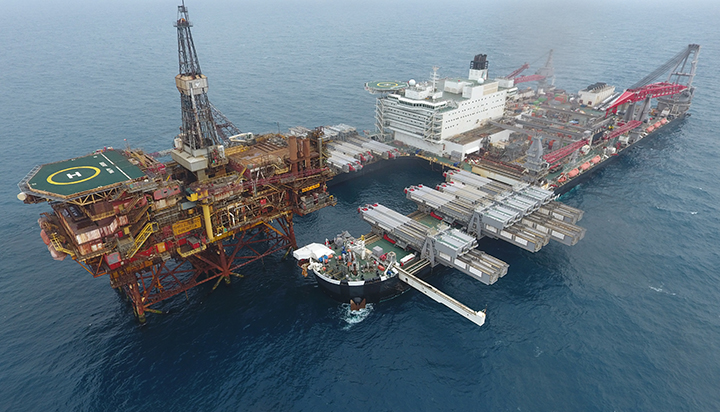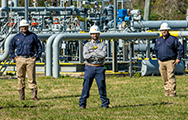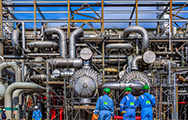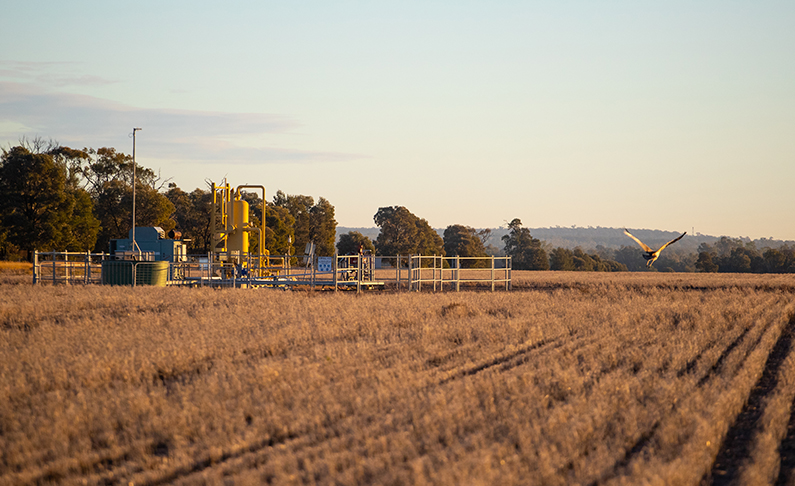Decommissioning and restoration
Decommissioning is part of the normal life cycle of every oil and gas structure, and we work hard to do it safely and responsibly. This includes restoring the surroundings of onshore and offshore platforms and facilities in line with relevant legislation, while taking our own environmental standards into account.
Growing numbers of oil and gas platforms and facilities are coming to the end of their expected life because they no longer have enough economically recoverable reserves. As a result, we have decommissioning activities under way in Brunei, India, Malaysia, the Netherlands, the UK and the USA.
Shell is required to account for future decommissioning expenses. At the end of 2020, we reported $27.3 billion on our balance sheet for non-current decommissioning and other provisions (see our Annual Report).
Dismantling and recycling
Our largest decommissioning project is the Brent oil and gas field, which lies in the North Sea between the UK and Norway. Preparation for decommissioning the four Brent platforms – Alpha, Bravo, Charlie and Delta – started in 2006.
We decommissioned Brent Delta in 2017 and Brent Bravo in 2019. In 2020, the Brent Alpha topside, the part of the platform that is visible above the sea, and the upper jacket, which supports the topside, were removed and sent for dismantling and recycling onshore. More than 97% of the Brent Delta and Bravo topsides have been recycled.

The Pioneering Spirit vessel removed the part of Brent Alpha visible above the sea in a huge single lift.
Watch how we dismantled the 27,000-tonne Brent Alpha platform at www.youtube.com/watch?v=bBXilUSCrLo
Find out more about the Brent decommissioning programme at www.shell.co.uk/sustainability/decommissioning/brent-field-decommissioning
In India, we are decommissioning the Tapti offshore natural gas field (Shell interest 30%), which lies off the coast of Mumbai. This is the country’s first decommissioning project. All 38 wells have been closed and made safe and the five platforms are expected to be removed and recycled in 2021.
We continue to pursue opportunities to reuse, repurpose or recycle materials in decommissioning and ways to integrate a circular economy approach into designing future projects.
Decommissioning and reuse in practice
In the Netherlands, the NAM joint venture (Shell interest 50%) is working to repurpose former gas production sites for renewable energy facilities. This includes the NAM gas treatment plant in Emmen, where existing infrastructure such as pipelines and electrical cables will be used potentially as part of solar power, hydrogen or biogas projects.
Learn more about our approach to decommissioning at www.shell.co.uk/sustainability/decommissioning




